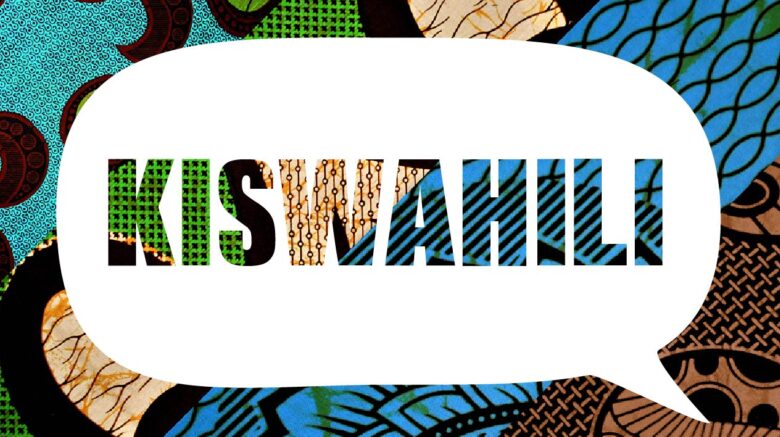Will Swahili language survive?
When I first arrived to Tanzania, inside the majority of the villages, their inhabitants were not used to speak the official language of the Country, Kiswahili (universally known as Swahili) but only Kigogo, a dialect spoken in Dodoma region specifically. More than 25 years passed from then and today things have drastically changed: many Tanzanian people speak English or they combine it with Kiswahili. The question is why? It looks like it is a matter of status quo.
Here children attend primary school for seven years and they are taught in Kiswahili. Those who choose to keep studying (in Tanzania only the first seven years of school are compulsory), they have to attend six years in secondary school. The characteristic of this system is that lectures are given only in English from secondary school to the university. Maybe you would think “That’s amazing! Italy should manage to do the same” but we should focus on a little, though very relevant, detail: at the end of primary school very few kids know how to speak English. As you can imagine, as a consequence a lot of students decide not to carry on with their studies because they feel frustrated by the fact they can not speak fluent English.
Not rarely I meet children who refer to me and greet me saying “Goodmorning teacher” when the sun has already set, a clear sign of their insufficient level of English due to poor teaching in primary school. Too many kids abandon their studies because they are not able to follow the lessons.
In general Tanzanian education level is among the lowest in the world and I suppose that one of the main reasons is the usage of the English language instead of Kiswhaili, excluding the lack of books, desks, classrooms etc.
So far, nothing has been done about it, but hopefully the Government will realize this is a paradox.
To make things worse, a large number of parents of students attending private schools “English Medium” try to communicate with them exclusively in English at home. They take pride in having kids who refuse the national language, preferring an international one. According to us, there’s nothing to be proud about. Reducing someone’s own linguistic capabilities by choosing to speak only in English is not positive, despite it shows openness towards the Western world, it means to set a limit to knowledge.
In order to better comprehend the historical importance of Swahili language, we need to take a step back to July 1954 when the first Tanzanian President Julius Nyerere set Kiswahili as the official language of his party, a true weapon against colonialism. At the break of indipendence in 1961, out of the blue, at school, inside governmental institutions and courts Kiswahili became compulsory. Within the whole Country, Swahili language Institutes started to rise to encourage its study and the very same Nyerere – called mwalimu (teacher in English) – translated Giulio Cesare and The Merchant of Venice by Shakespeare into the local language. The campaign did not succeed at that time but whitin the following years things have changed and now Swahili is the first official language in Tanzania, one of few countries in Africa to communicate primarily in an African language. The point is: will it survive?
It is saddening and strange the way they try to please the Western world but this is the reality and as such we ought to tell it. There are plenty of contraddictions within the Country and one of these is the language of course: on the one hand a large number of Tanzanians keep having racist behaviour defining all “white” people “colonizers”. On the other hand, they are ready to sell their history and identity trying to fit into a globalized world that aims at homogeneity. This behaviour probably reflects in a sort of “inferiority complex”, historically induced by the slave trade and the colonial era. Unfortunately 500 years of slavery can not be forgotten in a blink of an eye but this can not become an alibi neither to their indipendence nor to our historical responsibility.
Here I would like to suggest the following reading: “Lettera alla tribù bianca” by Alex Zanotelli, a letter addressed to all of us to encourage a more human and plural world.
Today in Italy lockdown substituted the word “chiusura”, pub instead of “birreria”, wireless stands for “senza fili”, etc. Similarly here in Tanzania, some Englishism exist so “tivi” substitutes runinga (television), “glasi” instead of bilauli (glass), “treni” stands for gari moshi (train), and so on. Thus English will replace Kiswahili or it will at least transform the local language as it already happened in Kenya, actually mocked by Tanzanians for this reason. Wether nobody will try to avoid this process of transformation or disappearance, in a decade the Country would find itself in the scandalous situation of denying its own language in favour of the one of their very colonizers.
Giovanna

